Birth
The change came when Deloitte’s Human Capital team released its first ‘Social Enterprise’ report in 2018. One hundred pages of insight and ideas that captivated.
I kept going back to it, time and again, picking through the rationale and overlaying the insights against work I was doing with clients and our own people. It crystalised the debate, the expectation and the consequence of inaction, with simplicity of thought and a crisp language that had been absent for too long.
It landed.
Of course, the case for meaningful change in the relationship between an organisation and the society in which it operates has been around for decades. In that time, some companies had risen to the challenge. But few had done so with deep-seated purpose and too many had sat on the sidelines, waiting to be asked.
Anyone who has commented on the broader sustainability and equality debate will point to a specific moment in time when the mist cleared for them. Gore’s ‘An Inconvenient Truth’; Carney’s ‘Breaking the Tragedy of Horizon’ speech; Fink’s epiphany and corresponding CEO Letters; Greta; BLM. There is no shortage of folds across the pages of history.
‘Social Enterprise’ was mine. The moment when the seed was sewn; when the social responsibility debate sparked from the somewhat inaccessible dual complexity of materiality and metrics, to the more immediate principles of engagement, commercial performance and betterment; when the significance of the relationship between culture, communications and commerce clicked into place; when the dynamics between revenue growth and societal need and expectation, levelled.
And, retrospectively at least, it also feels like the moment when Aeio was conceived. Three long years before it was born which, by anyone’s book, is a pretty lengthy gestation period.
But it has been worth the wait. We’re here now. And we can finally set about working with organisations (willing to listen to us) to determine how best to manage the interdependence of culture, communications and social innovation in their own businesses.
But before we get too carried away, let’s catch our breath for a moment. Because that interdependence point is important. Here’s why.
For some, the alchemy of communications and sustainability remains strangely incompatible. It still spells greenwashing. Or spin.
It shouldn’t. In fact, it can’t any more. That’s an unsurvivable concept.
To act responsibility in a way that is meaningful to those in their business eco-system (let’s call them stakeholders for want of a better word), organisations have to do things that matter. But they have to build a narrative to support what matters too; a narrative that explains the what, the how and the why; that informs, inspires and galvanises others who will rightly hold them to account.
Where greenwashing is predominantly about saying what an organisation promises to do, social innovation is the antithesis of that.
It is learning from those inside and outside the organisation; applying that knowledge to every commercial decision ever made about product and service design, technology, supply chain management and customer experience; and then building a narrative that helps accelerate that process.
It is, in other words, the connectivity between Hear, Do and Say.
Which perhaps is a somewhat circular way of saying that if Deloitte’s Social Enterprise report was the genesis of Aeio, then Hear, Do, Say was our field guide. As we built out our service offer, it quickly became the reference point for the consultancy and the watermark for our purpose to do good*, make better.
As Aeio enters the world, we shall see ourselves how quickly that purpose resonates in the marketplace.
Which, if the truth be known, has to be the best bit about birth. Suddenly, nothing seems impossible.
